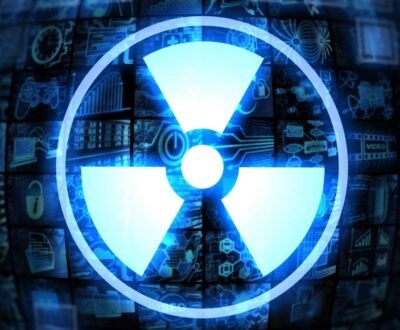According to a research study, compositeImaging with positron emission tomography and computed tomography (PET/CT) in the pituitary area of the brain is a hopeful device for making a distinction between PTSD and MTBI. The former is a psychiatric disorder which can occur following the experience of observing the life- threatening actions such as martial fights whereas the latter involves damage to the brain from an external force. Moreover PTSD has a symptom overlie with gloominess and nervousness.
Researchers used PET/CT to study the brains and pituitary glands of old soldiers with MTBI and PTSD. Many old soldiers diagnosed with PTSD may have hypopituitarism due to MTBI.
The findings also provide prop up to the hypothesis that many old soldiers identified with PTSD may actually have hormonal abnormality due to pituitary gland harm from explosion damage.
Together with the adrenal glands above each kidney, the hypothalamus and pituitary gland form the HPA alliance which is a composite system with a loop sphere, so that harm to any one of the
3 areas will have an effect on the others. The researchers also paid attention to 18F-fluorodeoxyglucose (18F-FDG) PET/CT, which presents a representation of metabolism by evaluating the taking up of the radiopharmaceutical Fluoro Deoxy Glucose.
Conclusions Of Analysis
An analysis of 159 brain 18F-FDG PET/CT exam proceedings confirmed that the taking up of FDG in the hypothalamus was considerably lesser in the MTBI-only group weighed against normal controls. FDG uptake in the pituitary gland was appreciably elevated in the MTBI and PTSD group judged against the MTBI-only assemblage. The results of elevated FDG uptake in the pituitary glands of PTSD victims supports the speculation that many veterans diagnosed with PTSD may in point of fact be suffering from hypopituitarism. This conclusion elicits the likelihood that PTSD cases are in reality those of hypopituitarism but camouflaging as PTSD.
About us and this blog
We are a teleradiology service provider with a focus on helping our customers to repor their radiology studies. This blog brings you information about latest happenings in the medical radiology technology and practices.
Request a free quote
We offer professional teleradiology services that help hospitals and imaging centers to report their radiology cases on time with atmost quality.
Subscribe to our newsletter!
More from our blog
See all postsRecent Posts
- Understanding the Challenges of Teleradiology in India January 19, 2023
- Benefits of Teleradiology for Medical Practices January 16, 2023
- Digital Transformation of Radiology January 2, 2023









